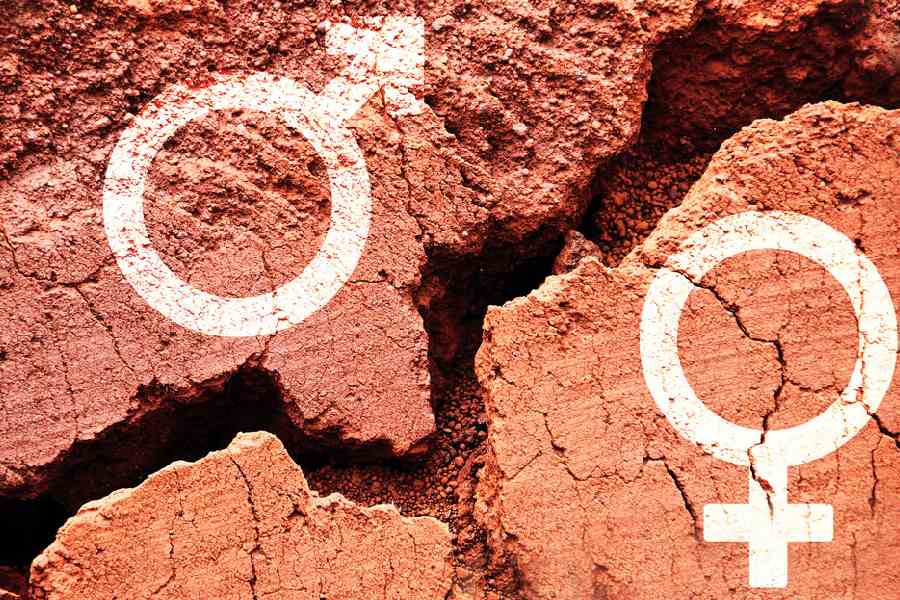Last month, the Federal Ombudsman Secretariat for Protection Against Harassment At Workplace found the vice-chancellor of the Federal Urdu University of Arts, Science & Technology, Zabta Khan Shinwari, guilty of workplace harassment for repeatedly making gender-stereotypical and demeaning remarks about women faculty members. Dawn reported Shinwari as having said: “When females reach the age of around 35 or above, they experience hormonal issues, and their mental condition becomes unstable, causing them to create problems for others.” FOSPAH ruled that such comments were “inherently sexist, derogatory, and demeaning, amounting to gender stereotyping and constituting behaviour that can create a hostile work environment”. The order adds: “Remarks such as those attributing women’s workplace behaviour to ‘hormonal changes’ constitute gender stereotyping, which undermines women’s dignity and reinforces discriminatory attitudes.”
When I read this report and an interview of the petitioner, I was not shocked or surprised at the inherent misogyny of a senior academic because we see such sexism so frequently in our own lives. I have seen senior male colleagues in the media industry make sexist comments about women journalists’ clothes, their appearance and so on. When you stand up to them and tell them they are being sexist, they just laugh in your face and brush it off. Why is it that they do not do the same for male journalists; why is it that they cannot focus on the content of a programme instead of a woman’s appearance? I am often told that as a woman analyst on television, I should not raise my voice or get ‘angry’ because it will make me look ‘emotional’. I have not seen male
analysts being given the same advice. Men can be loud, rude, talk over others, shout to their heart’s content and still be praised as they are just being ‘manly’. It is unfortunate that even in this day and age, women are expected to act a certain way because we live in a patriarchal society.
However, it is good to see many women not adhering to these so-called ‘rules’ and standing up to misogyny and breaking stereotypes every day. It will take some time, but we can change the mindset of a society if we continue to challenge these stereotypes. Many people do not realise what working women have to face in their everyday lives. They still take care of their homes and families and yet give their 100% at work. They have to work harder than their male colleagues so as to make a mark.
It is unfortunate that we do not have many women in senior editorial positions in media organisations, especially local news channels. When women are in leadership positions, they take many things into account that men do not. They also create a work environment that is friendly for other women. In my 20 years of experience in the media, I have found how working with women is so much easier because they are far more responsible and hardworking than their male counterparts. We need more women in leadership roles in media organisations so that this ‘boy’s club’ mentality can be overcome.
Casual sexism is also something we witness on a regular basis. We have seen women participants make a point during a talk show or a panel discussion and her point being lost on the host whereas if the same point is repeated by a male participant, it gets more traction. As a journalist, I have seen how we have to assert ourselves to be taken more seriously. We have seen women journalists face online harassment that is sexual in nature. Despite all these challenges, women continue to work in all fields, be it academia, medicine, law, media or industry, among others, and continue to shine.
It will take some time to change the mindset of our society but, thankfully, we are now seeing dramas on our television screens that are covering important topics like toxic relationships, rape, misogyny and many other issues. These will play a part in breaking taboos. I must say that I have learnt a lot from women mediapersons like Asma Shirazi and others who have done stellar journalism and stood their ground despite all odds. More power to women.
Mehmal Sarfraz is a journalist based in Lahore; mehmal.s@gmail.com










